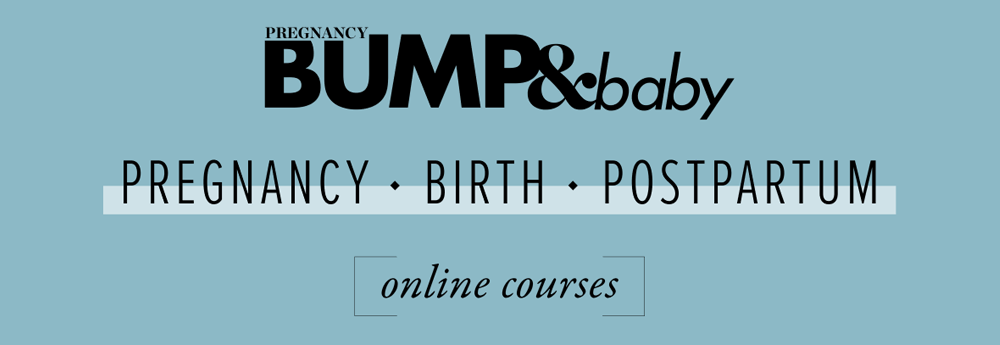
Welcome to the second trimester, also known as the “golden zone” of pregnancy, because everything should get just that much better. Your morning sickness should start to ease around now, although for some women it continues for a little bit longer. Your moods should start to even out so you don’t feel like crying at the drop of a hat. Your libido, which may have taken a nose dive during the first trimester, should come back. As your energy returns, now is when many pregnant women start feeling those “nesting” urges – planning the nursery, making a list of baby names, thinking about maternity leave, and wanting to get home repairs completed before the baby arrives. If you’re planning to return to work after the birth, now might be the time to investigate childcare options – in larger cities, daycares can have long waiting lists. Get ideas now while you have the capacity to plan ahead!
FACT AS YOUR BABY AND BODY GROW, YOUR BODY RISES TO THE CHALLENGE BY PRODUCING MORE BLOOD TO SUPPORT YOUR UTERUS – DURING PREGNANCY, YOUR BLOOD VOLUME WILL INCREASE BY UP TO 50%.
How big is my baby?
Your baby’s body has been somewhat disproportionate up until now, with your baby’s head quite large compared to his or her body. From now on, your baby’s head growth will slow down while his or her body’s growth continues, so that by birth, your baby will be more proportionate – although his or her head is still bigger in proportion to his or her body than an adult’s. At the beginning of your fourth month of pregnancy, your baby will be about 9cm long and weigh about 40g, and by the end of the fourth month, your baby will be about 13cm long, and will have more than doubled in weight to 100g.
QUICK FACTS
WEEK 14: Your baby is the size of a lemon (9cm, 40g) and can suck his or her thumb.
WEEK 15: Your baby is the size of a nashi pear (10cm, 70g) and has taste buds.
WEEK 16: Your baby is the size of an avocado (11.5cm, 100g) and has fingernails and toenails.
WEEK 17: Your baby is the size of a mango (13cm, 140g) and his or her skeleton is changing from cartilage to bone.
A weighty issue
Many pregnant women find that they don’t gain much weight during the first trimester due to the baby still being very small, and also because of morning sickness. Now that you are in the second trimester, you may find you start gaining weight, particularly as morning sickness abates and you feel more like eating. The Ministry of Health has developed weight gain recommendations for pregnant women based on their pre-pregnancy or early pregnancy (less than 10 weeks) BMI.
Pre-pregnancy or early pregnancy BMI (kg/m²)
Total weight gain range
Less than 18.5
Between 18.5 – 24.9
Between 25.0 – 29.9
Equal to or over 30.0
12.5 kg–18 kg
11.5 kg–16 kg
7 kg–11.5 kg
5 kg–9 kg
What is the weight made up of?
If you gain 12.8kg during pregnancy, and you give birth to a baby weighing 3.5kg, here is what the total 12.8kg you gained is comprised of:
- Baby 3.5kg
- Amniotic fluid 900g
- Placenta 700g
- Uterine growth 900g
- Breast growth 1.1kg
- Increased amount of blood 1.5kg
- Increased amount of other body fluids 1.1kg
- Storage of nutrients (fat and protein) 3.1kg
TOTAL WEIGHT GAIN 12.8kg
Seeing your baby for the first time is amazing and fascinating.
LINEA NIGRA
If you’ve noticed a dark line down the middle of your tummy (which may be up to 1cm wide and might cross your tummy button), you’ve been blessed with a linea nigra. This not-uncommon pregnancy side effect appears around the beginning of the second trimester and is caused by pigmentation due to hormonal changes. Don’t panic – it will likely fade a few weeks after your baby is born.
BUMP&baby
BUMP & baby is New Zealand’s only magazine for pregnancy and early babyhood. Our team of mums and mums-to-be understand what it’s like to be pregnant in this connected age, and that’s why BUMP & Baby online is geared toward what pregnant women and new mums really want to know.
Other articles of interest
Month 3 (weeks 9-13)
You’ll notice visible changes in your body this month, because your baby is reaching some significant developmental…







